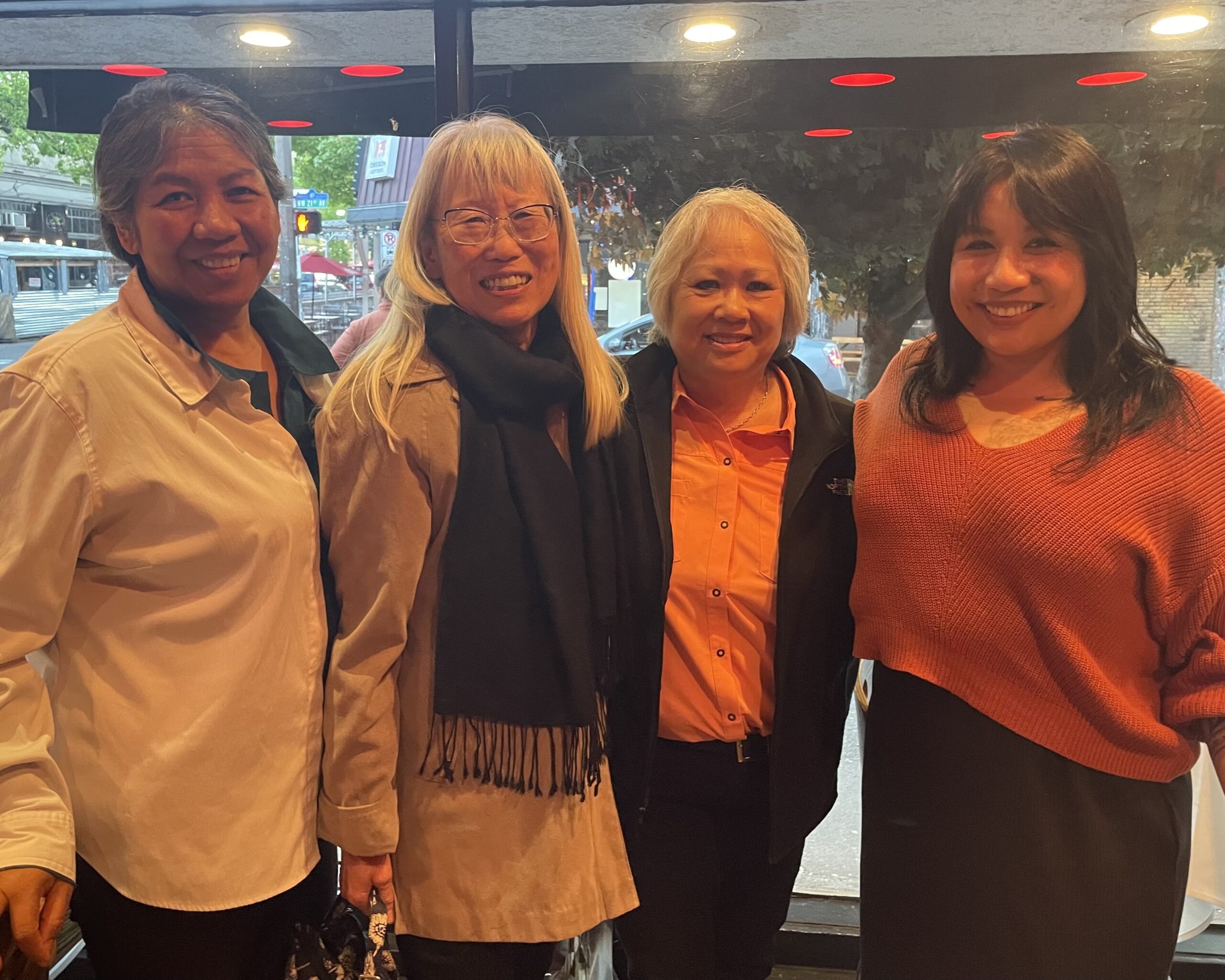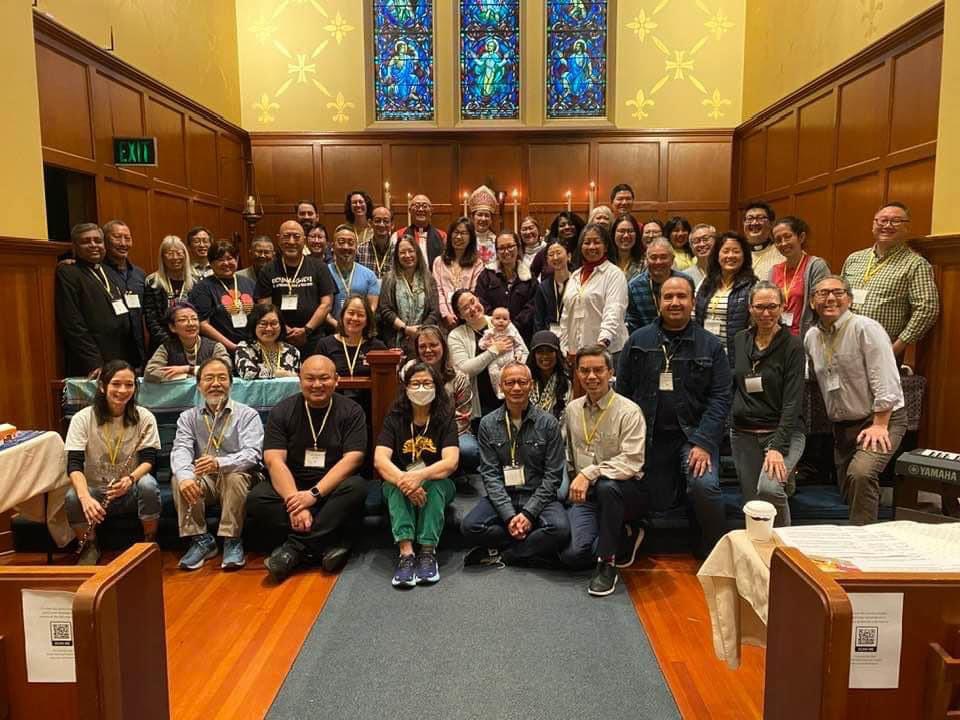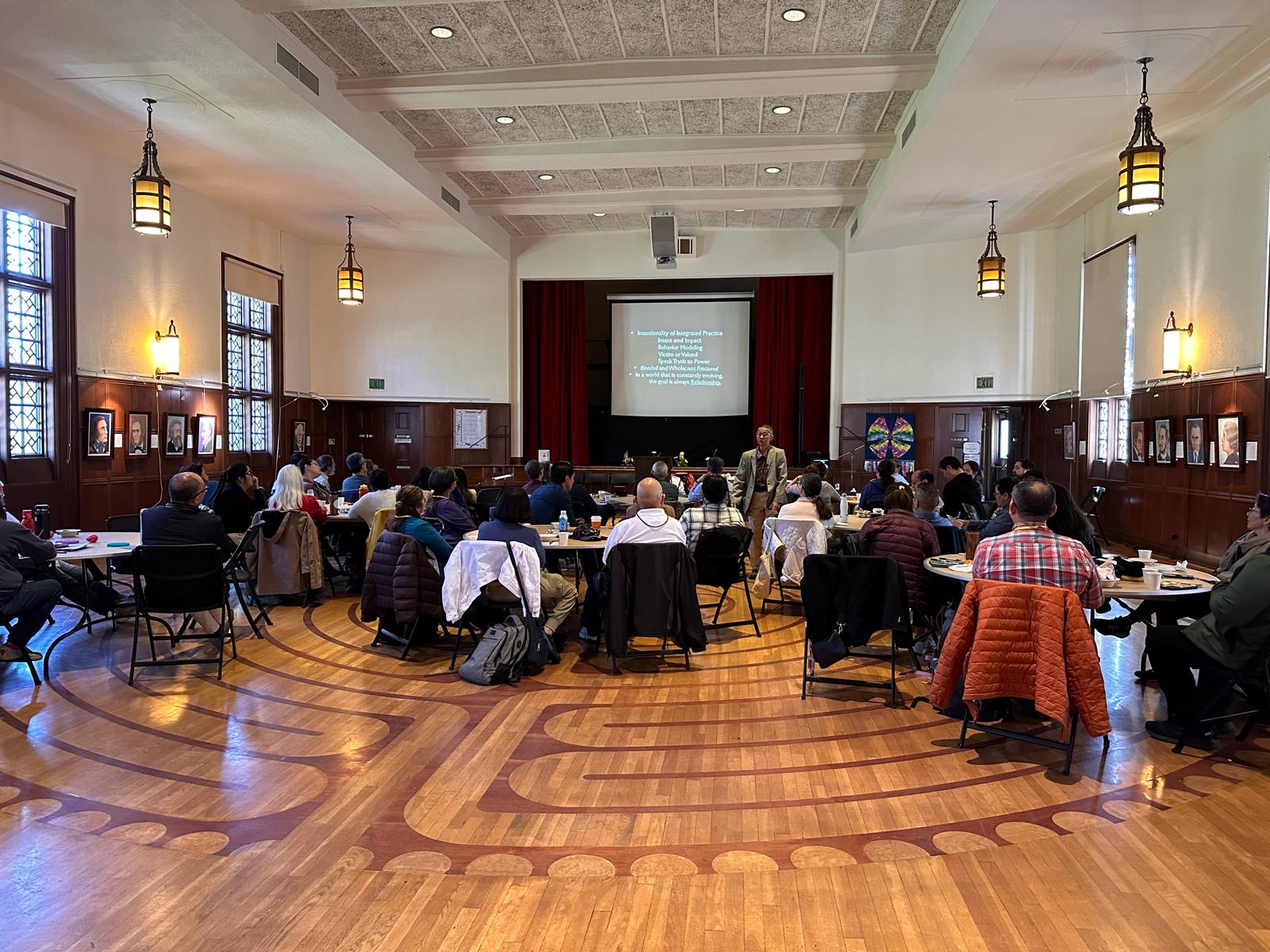Recognizing Cultural Gifts as Gifts
As a 2nd-generation American of Igorot-Filipino and Chinese ancestry, there are a few cultural traditions I grew up practicing that I know are unfamiliar to most American households. One of these cherished practices has to do with pouring tea.
Growing up, my family would visit my maternal grandfather once a month for dim sum in Los Angeles’ Chinatown. At the start of every meal, as soon as the servers set down the customary tea pot and cups, my mother would pour us each a cup of tea, starting with my grandfather. Then, my mother would effortlessly monitor our cups and pour as necessary to keep our cups consistently full for the rest of the meal (it’s poor form to let a cup become empty), even while keeping up the conversation in between bites of siu mai and chicken feet.
In Chinese culture, it’s customary for the youngest in the family to pour tea for their elders as a sign of respect. As I am the younger sibling in my family, that role became mine to perform once I was old enough to responsibly lift a teapot. To my chagrin, the task of keeping everyone’s tea cups full while also trying to eat was not as effortless as my mother made it seem. Everyone sipped at different speeds, or I would be asked a question just as someone else took a big gulp of tea. It turns out, it’s hard to keep an eye on what everyone else at the table needs while also trying to be conversational and feed yourself (while using chopsticks, at that).
Early on, I had to be prompted more than once to attend to a neglected, empty cup. Eventually, though, I developed an acute sense for noticing who had taken how many sips of tea, and an ease of scanning the table through my peripheral vision for half-empty cups. Excluding the many times I’d accidentally spill tea on the table cloth or on a plate of steamed BBQ pork buns, the practice of keeping my family’s cups full became seamless – albeit, still not as graceful as my mother.
Last week, I was reminded of this tea-pouring custom when I traveled to Portland to attend a retreat for Asian American Pacific Islander (AAPI) Leaders in The Episcopal Church. Almost 50 AAPI leaders from diverse ethnic backgrounds, experiences and ministry contexts gathered in community, including three others from our diocese: Phal Chourp from St. David’s, Mae Chao from Holy Cross & St. Brigid’s, and Jen Jow from St. Paul’s Cathedral. We cultivated community and fostered relationships through worship, shared meals, storytelling and facilitated learning, and exploring the sites and delights of downtown Portland. Our time together was woven around a central thread: “What are the gifts we bring, not in spite of, but BECAUSE we are Asian Pacific Islander Americans?”
 The chance to reflect on this question with my fellow AAPI siblings-in-Christ was a gift in itself. Although I was lucky enough to grow up in a community full of people from a similar background as myself and my family, as a leader in the Episcopal Church, spaces to reflect on my leadership skills in light of my cultural background are few and far between. Spaces to speak candidly about the tensions between my cultural background and those of our predominant culture with people navigating those same tensions are even fewer still.
The chance to reflect on this question with my fellow AAPI siblings-in-Christ was a gift in itself. Although I was lucky enough to grow up in a community full of people from a similar background as myself and my family, as a leader in the Episcopal Church, spaces to reflect on my leadership skills in light of my cultural background are few and far between. Spaces to speak candidly about the tensions between my cultural background and those of our predominant culture with people navigating those same tensions are even fewer still.
Before we began to consider our gifts, we were given the important chance to lament. For me, the lament came from the times I felt I had to assimilate away from some of my cultural gifts, or shave off parts of myself in order to fit into some notion of leadership or giftedness for a culture I was not born into, and for an identity God did not create me to embody.
When it came time to name the gifts of being an Asian American or Pacific Islander, some came to me easily. The gift of strength came from my Igorot ancestors – warriors who resisted Spanish colonization. The gift of adaptability (my top Clifton strength) came from my parents and family members who chose to evolve in order for future generations to survive and thrive.
The last evening of the retreat, we gathered at a Chinese restaurant, Kung Pow, for our final meal together. After my table ordered and were served a pot of jasmine tea, I found myself naturally scanning the table for half-full cups, and taking mental notes of who around me had sipped their tea and might need refilling. I ended up laughing with a friend – also of Chinese heritage and familiar with tea-pouring responsibilities – at our shared inability to not pay attention to how full or empty our table mates’ cups were. I ended dinner wishing that this practice that was now so instinctual and embedded in my body, could be put to use at other times, beyond sitting at a table in a Chinese restaurant.
served a pot of jasmine tea, I found myself naturally scanning the table for half-full cups, and taking mental notes of who around me had sipped their tea and might need refilling. I ended up laughing with a friend – also of Chinese heritage and familiar with tea-pouring responsibilities – at our shared inability to not pay attention to how full or empty our table mates’ cups were. I ended dinner wishing that this practice that was now so instinctual and embedded in my body, could be put to use at other times, beyond sitting at a table in a Chinese restaurant.
The next day, as I sat in an airport waiting for my flight back home, I remembered a group conversation that I facilitated within the last year, and a nice note I received afterwards from a participant. She complimented me on my sensitivity to group dynamics and tending to those more reserved voices who seemed to want to speak but needed more invitation, especially in an environment when some shared more quickly and freely. I realized that reading the room as a facilitator is a lot like trying to keep everyone’s tea cups full. Both require paying attention to the various rhythms of who sips (or speaks) more or less frequently. Both require paying attention to the different needs and dynamics of everything going on at the (proverbial) table, beyond just myself, and responding accordingly.
In our society, it’s so easy to hear and absorb both explicit and implicit messaging telling us which gifts we should cultivate in order to be effective leaders. Further, we may hear that only those trainings or experiences that are accredited, or those which we receive a certificate for are the only avenues through which we can nurture those gifts. While accredited, certified trainings and experiences are certainly important and are accredited and certified for good reason, we sell ourselves short – and we sell God short – when we fail to recognize the gifts granted to us through our particular cultures and God-given heritages, ancestries and experiences.
That all being said, I know from experience that realizing one’s gifts can be difficult, particularly when they may be gifts formed outside of or divergent from the dominant culture, and particularly when a person is trying to name those gifts on their own. If this sounds like you, here are some things you might try:
- Talk to your clergy or other pastoral leadership. Most (if not all) clergy love talking about spiritual gifts!
- Connect with others of a similar cultural heritage or context as you for group reflection and conversation. Together, reflect on any traditional practices or customs that feel life-giving and/or that have become a part of you. What values are rooted in these practices or customs that have equipped you to help build up the Body of Christ? i.e., are these practices rooted in joy, generosity, hospitality, healing, or, like in pouring tea, noticing others needs beyond your own? If you might need help connecting with others of your heritage and context, feel free to email me at rambasing@edsd.org.
- During our diocese’s Year of Leadership, we’ll begin co-creating spaces specifically for people of color and those of ethnic backgrounds to gather in community. One of our hopes is that these spaces will serve as a safe space for story-sharing, discernment, and support. If this sounds like something you’d be interested in, just send me a message.
In the meantime, cheers (with my perfectly-poured cup of tea) to realizing your own unique cultural gifts.
by
Category: #Advocacy, #Worship & Formation
Respond to this:
6 replies to “Recognizing Cultural Gifts as Gifts”
Recent Stories
My mother was ordained an Episcopal priest on January 15, 1994, at All Saints’ Episcopal Church in Beverly Hills. I was ten years old, and her being ordained wasn’t odd […]
In December 2023, I received a letter from Julia Ayala Harris, President of the House of Deputies, saying, “I have reviewed your application and, after prayerful discernment, invite you to […]
When we love something, we share it with our friends and family; like a new show on Netflix or a great restaurant in the neighborhood, we can’t help but share […]





Great article. I embrace with thanksgiving my Hawaiian culture and the opportunity to share the gifts of it with others.
Well done my child!!! I am truly proud of you.
I did read this whole thing and applaud your creativity and sensitivity . . . the only thing I could perhaps add is to also consider invisible cultures/communities . . . especially thinking about the deaf community (Cass Martensen introduced me to that world), the disabled community (various manifestations of that).
Just a thought from your local, friendly troublemaker . . .
Barbara
Yes! This is so important to consider. Thank you, Barbara, for naming these communities.
What an amazing gift you have. Too many to count. Thank you for your article. It allows for those who have assimilated to the point of not recognizing their own root culture to maybe explore that avenue again. Thank you for being you.
Rachel, I always appreciate your reflections and hearing from you…thanks for sharing!
Thank you, Rachel, for reminding me that I do have a gift. The ability to retain some of my native language is a precious gift. As a Cambodian interpreter for the last 27 years, I have assisted many Khmer folks navigating through language barriers in medical, legal, and social settings. It was fulfilling. Thanks be to God.